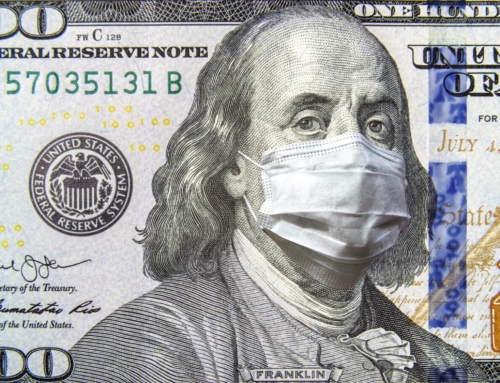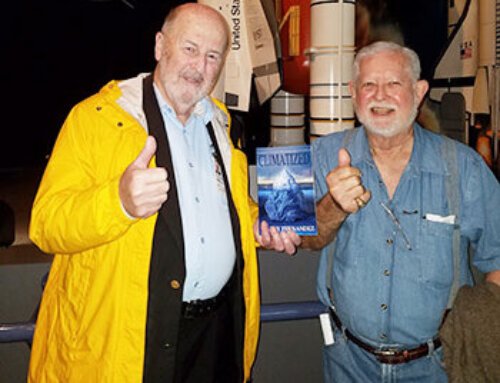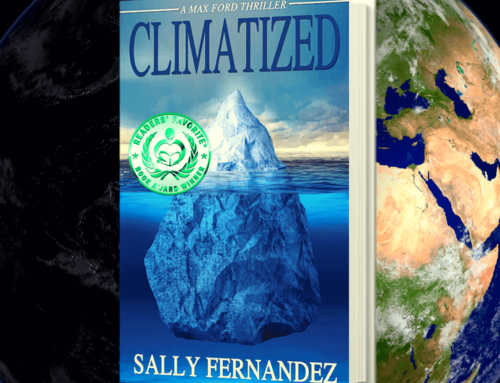However you pronounce the name of the fruit, it’s still the same fruit. But when White House Administration not-so subliminally exchanges one letter for another, it significantly changes the meaning. For more than a year I’ve listened carefully to the questions and answers bantered about between the administration and the press corp. When the question of terrorism arises the media, without exception, refers to ISIS, the Islamic State in Iraq and Syria. On the other side of the podium, whether it’s the press secretary, Josh Earnest, or anyone else, they always respond by referring to ISIL. Everyone in the administration must have received the memo requesting they replace the S with an L, and refer to ISIL, the Islamic State in Iraq and the Levant. Levant is the region that includes the middle-eastern countries bordering the Mediterranean Sea: Cyprus, Palestine, Jordan, Israel, Lebanon, and Syria. But why? The reference to the Levant places all of these countries in the enemy camp. In this case, the switch in letters changes the meaning dramatically. Then the administration tosses in the name Daesh, the acronym for the Arabic phrase al-Dawla al-Islamiya al-Iraq al-Sham. Variations of the word Daesh translates to “sowing discord and crushing underfoot.” It’s also quite interesting that reportedly, ISIS doesn’t like the reference to ISIL, and even less so, to Daesh.
Why use the archaic terms ISIL and Daesh vs. ISIS? One can only speculate. Is it an attempt to include Israel? Or is the administration purposely sending the message that the terrorist cells have spread beyond Iraq and Syria? Could it simply be the administration’s clever attempt to get under the enemy’s skin? If so, shouldn’t all sources be guided to use the same terminology?
Another example of bait and switch, is the term global warming that the administration then changed to climate change. Then White House science adviser John Holdren suggested it should be called “global climate disruption.” Does each phrase have a different meaning or is it just hocus-pocus semantics?
These are all important questions, but whatever the answers, the words themselves are important, and should not be misused or misconstrued or misunderstood. Especially when you hear platitudes chanting the lesser of two evils: Is it climate change or terrorism?
President Obam
So is our new threat air conditioners and refrigerators? There has been a lot of chatter challenging the validity of Kerry’s statement. But I’ll give him a pass because he truly believes…using an archaic term, that human-induced global warming exists. So he’s tilting at windmills and fighting the battle on two fronts.
Confused by all the phrase slinging? —It is meant to be confusing. This is not a war of words by the administration, but a war on our intelligence. Looking for a straight answer? Preorder a copy of Climatized available October 4, 2016 and “Public Enemy #1” will become clearer.








